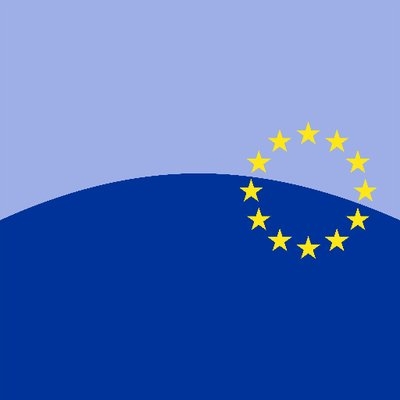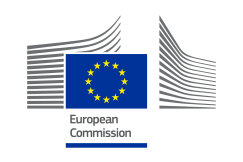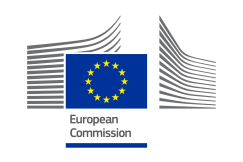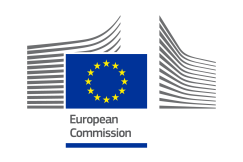Policies
01 April 2025
Interreg PROGRAMME
Policies
01 April 2025
1. Healthy, balanced and sustainable diets for all European consumers
2. Prevention and reduction of food loss and waste
3. A climate - neutral food chain in Europe by 2050
+4 more
Login / create an account to be able to react
-
11

Interreg is a key European Union (EU) instrument that strengthens cooperation between regions and countries within the EU. As part of the EU’s Cohesion Policy, Interreg plays a vital role in promoting regional development, and cohesion, and reducing economic disparities. For the 2021-2027 period, Interreg is focused on addressing current challenges like climate change, digital transformation, and social inclusion.
Editorial team
Interact
Topics
EU-27
EU Institutions
-
CoC aspirational objectives
-
-
1. Healthy, balanced and sustainable diets for all European consumers
-
2. Prevention and reduction of food loss and waste
-
3. A climate - neutral food chain in Europe by 2050
-
4. An optimised circular and resource-efficient food chain in Europe
-
5. Sustained, inclusive and sustainable economic growth, employment and decent work for all
-
6. Sustainable value creation in the European food supply chain through partnership
-
7. Sustainable sourcing in food supply chains
-
Share
Interreg 2021-2027:
The current period’s EUR 10 billion budget highlights Interreg’s evolution, featuring reinforced cooperation with partner countries via Interreg IPA and Interreg NEXT, and a dedicated strand for EU outermost regions and neighboring countries.
Explore Interreg Programmes:
Explore Interreg.eu to access an interactive map showcasing Interreg programs across borders, illustrating its growing impact on regional collaboration and development.
Cross border, Turning borders obstacles into opportunities ( 64 programmes)
EU Programmes: 49 programmes within the EU focus on turning border obstacles into opportunities between EU Member States.
Interreg IPA: 10 programmes operate at the EU’s border with IPA countries, mainly supporting the EU’s enlargement policy.
Interreg NEXT: 5 programmes are implemented at the EU’s external eastern and southern borders. Four cross-border programmes encourage cooperation with Ukraine and Moldova.
Transnational, Supporting Larger Scale Initiatives (13 programmes)
Continuation: 13 transnational cooperation programmes will continue supporting support large-scale cooperation activities in Europe and beyond.
Direct Support: 4 of them (Interreg Baltic Sea Region, Interreg Danube Region, Interreg IPA Adrion, and Interreg Alpine Space programme) will directly back Macro Regional Strategies covering their respective geographical areas. 80% of their thematic concentration should align with a Macro Regional Strategy.
Comments (0)
See also
-
4
Chemicals Strategy for Sustainability
- Categories
- 2. Prevention and reduction of food loss and waste 3. A climate - neutral food chain in Europe by 2050 4. An optimised circular and resource-efficient food chain in Europe +3 more
-
4
Digital Decade Policy programme 2030
- Categories
- 2. Prevention and reduction of food loss and waste 3. A climate - neutral food chain in Europe by 2050 4. An optimised circular and resource-efficient food chain in Europe +3 more
-
4
EU Social Dialogue
- Categories
- 2. Prevention and reduction of food loss and waste 3. A climate - neutral food chain in Europe by 2050 4. An optimised circular and resource-efficient food chain in Europe +3 more




